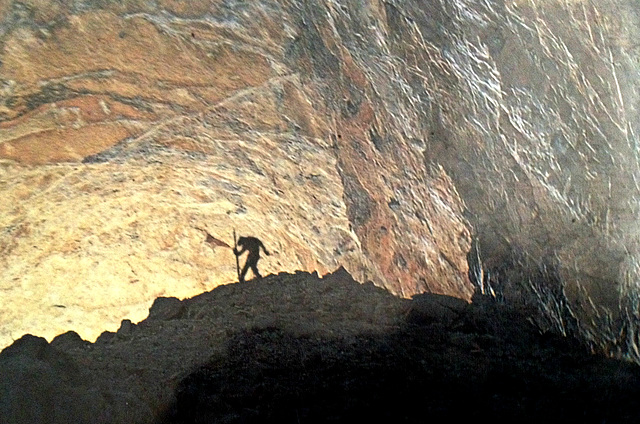Buds
A wall
The River
Time
San Francisco
Darwin - Anthropomorphism?
A gardian
What we say to the dog
Anthropomorphism
Fig. 5-39
Figure 5-32
Figure 5-27
Fragrance of Spring
Coffee and anthropomorphism!
Rocks
Chauvet cave painting / Oldest painting in the wor…
Language
Mara's temptation
Philosophy
Learning consumerism
Wall art
Developing Intentions
Fairest January / Schonster Januarius
Black
Retired
Beyond Good and Evil {Path of Genius (1918) by Wen…
A Coconut
Message in the Bottle
^ ^
Public Library
Most Beautiful Wall
Most Beautiful wall
An Evening on the rocks
Daguerreotype
Keywords
Authorizations, license
-
Visible by: Everyone -
Attribution + non Commercial
- Photo replaced on 01 Aug 2019
-
32 visits
Photo by Dinesh


- Keyboard shortcuts:
Jump to top
RSS feed- Latest comments - Subscribe to the comment feeds of this photo
- ipernity © 2007-2024
- Help & Contact
|
Club news
|
About ipernity
|
History |
ipernity Club & Prices |
Guide of good conduct
Donate | Group guidelines | Privacy policy | Terms of use | Statutes | In memoria -
Facebook
Twitter

Now that we’ve finally sequenced the genomes of both chimp and human, we can see directly that more than 80 percent of all the proteins shared by the two species differ in at least one amino acid. Since our genomes have about 25,000 protein-making genes, that translates to a difference in the sequence of more than 20,000 of them. That’s not a trivial divergence. Obviously, more than few genes distinguish us. And molecular evolutionists have recently found that humans and chimps differ not only in the sequence of genes, but also in the presence of genes. More than 6 percent of genes found in humans simply aren’t found in any form of chimpanzees. There are over fourteen hundred novel genes expressed in humans but not in chimps. We also differ from chimps in the number of copies of many genes that we do share. The salivary enzyme amlyse, the example, acts in the mouth to break down starch into digestible sugar. Chimps have not a single copy of the gene, while individual humans have between two and sixteen, with an average of six copies. This difference probably resulted from natural selection to help us digest our food, as the ancestral human dies was probably much richer in starch than that of fruit eating apes. ~ Page 210/211